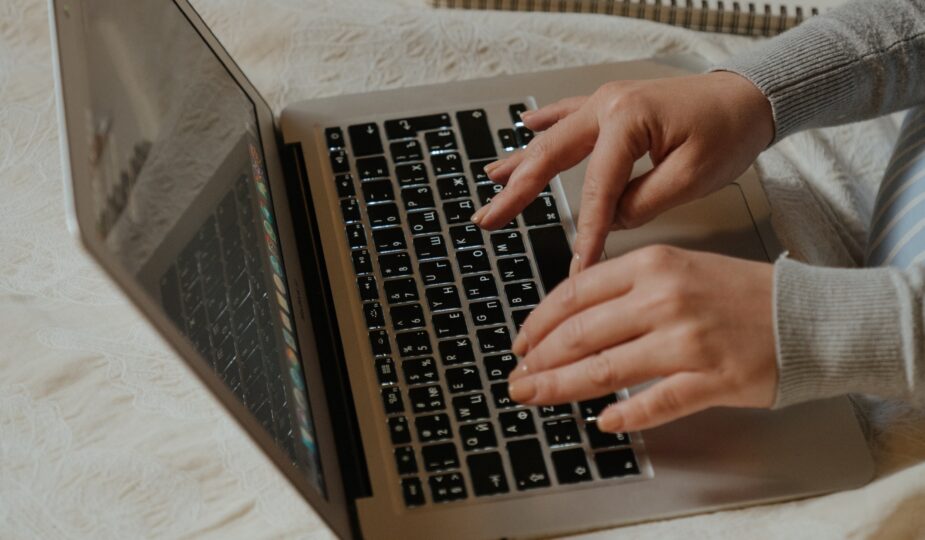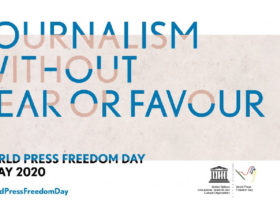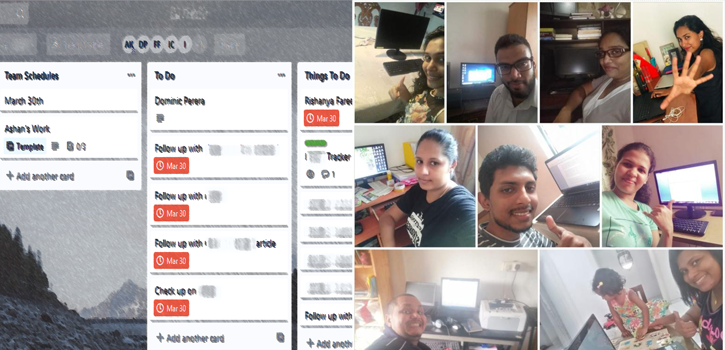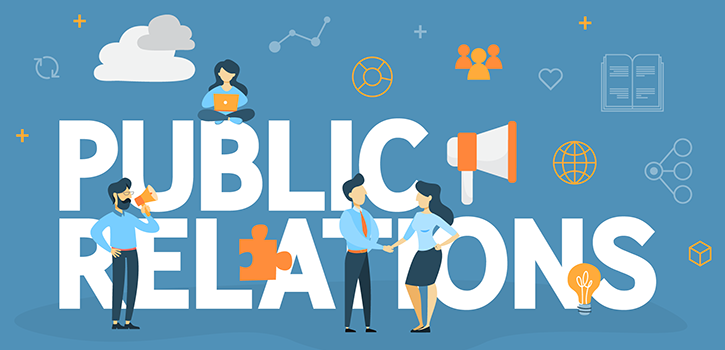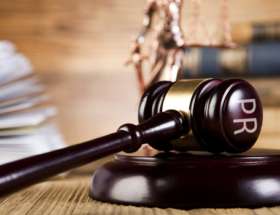Imagine how many Emails sent and received per day within a workplace. When it comes to everyday writing purposes, email writing is up there as the most used form of writing. In fact it is the most official and common way to communicate with your clients, follow up on pending work, keep a record of your documents, etc. So isn’t it worth to have a sound knowledge on emails?
Just like we adhere to a code of conduct in our dress, table manners, telephone ethics, we have a set of accepted principles in email writing called as “Email etiquette”. In brief, Email Etiquette is the use of appropriate language and formality in email writing. Let’s explore more about email etiquette which is a must-have in the corporate world.
Why is email etiquette important?
Emails are often used by corporate workers for professional purposes. Other than just a piece of writing, emails need to have a touch of professionalism which can be acquired with email etiquette at one’s disposal. A poorly crafted email can not only tarnish your reputation, but also your company’s reputation as emails are often considered as a proof of evidence in the corporate world. Emails can reflect your personality with what you express in them. Mastering email etiquette is the best answer for all the email related issues faced by corporate workers. Email etiquette is helpful in avoiding any confusions regarding emails and it is proven to increase the efficiency at work by adding clarity and coherence for emails which lead to a proper communication.
On writing the subject, salutation and body of the email
Subject line acts as the heading of the email. So it needs to clearly summarize what the email is about focusing on economy of words. Your email needs a proper, professional salutation. ‘Dear (name)’ is the most commonly used salutation and it is perfect enough to stick with it unless your need to use ‘Hi’, ‘Hello’ which are less professional. An email is a piece of an important message, so it needs not be too long. But it needs to cover all the important details in a concise manner. We can use a professional font like Times New Roman without any fancy fonts and a font size like 10 or 12.
Some insights on Sender and recipients’ sections
Ensure that you have a professional email address that depicts your name and your company name. This adds more professionalism and at the same time your company email system might be well secured than your personal email. We need to pay close attention to recipients’ section. Here we find ‘To’ section for main recipient/s, ‘CC’ section, which is called the Carbon Copy or Courtesy Copy, dedicated for your immediate reporter, fellow employees. ‘CC’ section is often used for following up purposes. The Blind Carbon Copy, ‘BCC’ section is intended for recipients who do not necessarily need to see other recipients.
Why is your signature important?
Your email needs a signature and ideally a closing remark to make it furnished better. A signature always carries your designation, contact information, your company name, address and website which are vital for the recipient’s quick access. If the recipient needs to call you, he or she can just scroll down and find your contact details. A signature also helps the recipient if he or she is a first-time email receiver to recognize you and get in touch with you in the future.
Important things to remember within the email etiquette framework.
Use of humor and sledging in email writing go against the email etiquette. An email needs to be direct and up to the point as much as possible, so that you can avoid any miscommunication. An email is a written piece of communication which does not allow you to go on with further explanations, so ideally emails should not showcase your emotions, instead your professionalism. Avoiding use of emojis and SMS language is important to maintain the level of professionalism. You can label the attachments if there are any and organize them for the recipient’s convenience. It will make the recipient happy and bear a positive image about yourself.
Email writing is often a hasty affair and you might have to craft urgent emails, but it is important to proofread your emails before sending as there is a high possibility for you to make spelling, grammar mistakes, forget attachments and subject lines, select wrong recipients, hitting ‘reply all’, etc. You can add the email addresses at last in order to prevent from any chance of sending an incomplete email. Finally, remember that, an email once sent can not be deleted as in WhatsApp or any other modern communication method and it could also be forwarded and saved as well, so it is our responsibility to be more mindful when writing emails.

